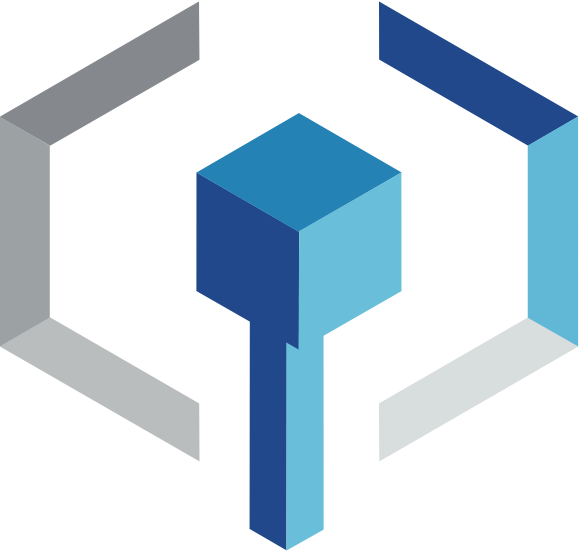[T35] Formally verifying security properties of cyber-physical systems – Mikael Asplund
On Fri, June 28th, 2024, 2h00pm CET, we welcome Mikael Asplund from Linköping University for another edition of TALK.CYBERcni.fr on “Formally verifying security properties of cyber-physical systems”. Share and join!
Join Mikael Asplund from Linköping University as he delves into the critical need for rigorous and verifiable development methods in our increasingly connected world. In his talk on “Formally Verifying Security Properties of Cyber-Physical Systems,” Asplund will explore how formal methods can be leveraged to ensure the security of networked systems at multiple abstraction levels. Discover the challenges and breakthroughs in translating high-level security requirements into low-level implementations, and learn why keeping up with the sophistication of cyber threats is more crucial than ever. After the talk, engage directly with Asplund in a lively 45-minute discussion. Bring your questions and ideas to this interactive session and be part of the conversation shaping the future of cyber-physical security!
You are cordially invited to join the free live stream on youtube and LinkedIn! Please share the link https://talk.cybercni.fr/35 with your interested friends!
Trailer: https://youtu.be/oYeVh4vIZYQ
LinkedIN Event: https://www.linkedin.com/events/7206936139524362240/comments/
Facebook Event: https://www.facebook.com/events/7898805550141847/
Youtube: https://www.youtube.com/watch?v=RAiCFhJWH4M&list=PLdftPKA9mTfaDJxqwexil2mPhUFIA9ITd
Stream redirect (for every edition): https://TALK.cyberCNI.fr/stream
Newsletter with invitations: Subscription on https://TALK.cyberCNI.fr
Help us spreading the news
The best talks are those with an interested diverse audience! Therefore, please use the following media to spread the news in your networks:
Thank you!
Abstract
Cyber-physical systems are often safety-critical and require a rigorous development process to reduce the risk of hazards to an acceptable level. Traditionally, this meant isolated components with predictable run-time behaviour, combined with redundancy to achieve fault tolerance. Today, we consider it normal to have internet-connected cars, management of critical infrastructure running in the cloud, and air-traffic control that operate remotely with digital screens instead of windows for the operators. At the same time, the cyber threats have grown drastically in frequency and sophistication putting many of these connected cyber-physical systems at risk. Unfortunately, we have not kept up with the development of rigorous and verifiable development methods to match the increased connectivity and complexity of our critical systems. In this talk I will discuss opportunities and challenges of using formal methods to verify security properties in cyber-physical systems. The focus will be on networked cyber-physical systems considering three different abstraction levels, entity coordination, cryptographic protocol design, and implementation of communication protocols. I will discuss how high-level requirements can be refined and translated to low-level properties, show some examples of what we can show, and where we are still struggling to find suitable abstractions and models.
Watch the trailer linked above!
Mikael Asplund
Professor Mikael Asplund is a Senior Associate Professor in Computer Science at Linköping University (LiU). He received his M.Sc. degree in computer science and engineering and the Ph.D.degree in computer science from LiU, in 2005 and 2011, respectively. From 2011 to 2012, he was a Research Fellow with Trinity College Dublin. He currently leads five research projects on cybersecurity and is responsible for two Master programs at LiU. His research is focused on methods for rigorous security of cyber-physical systems.
About the Linköping University
We all want to create a better world. At Linköping University, LiU, we use boundary-breaking research and innovative education to get there. To solve the challenges of the day, we are in continuous and close contact with industry and society. International rankings show that LiU is among the world’s top universities. Our students are sought after in the labour market, and we are one of the most attractive employers in Sweden. We believe that all this stems from our courage to think freely and innovate in contexts large and small.
LiU continues to give generations of curious individuals the opportunity to grow and contribute to a better world. We do this with the power of 37,600 students and 4,300 co-workers.
Talk.cybercni.fr
The Cyber CNI Lecture Series is a free monthly event that typically takes place on the last Friday of the month from 2pm to 3h30pm CET.
The Cyber CNI Speaker series aims to raise awareness and understanding of cyber security issues among all audiences. It aims to enable an ongoing dialogue between experts from industry and academia and the general public (citizens, families, small and large businesses, public organizations, etc.). All of us are concerned.
The events are broadcast live on Youtube (https://talk.cybercni.fr/) and LinkedIn, allowing worldwide remote participation – including a tool to participate in the discussion.
You can add the event calendar via ICS, webcal, HTML.
How the digital transformation is changing our lives
Our society relies more and more on information and operational technologies. Examples include water, energy, heat and cooling supply, communications, healthcare, production and processing of goods, transportation, national security, banking, research and education, and food production.
What all these areas have in common is that they make intensive use of networked distributed computer systems. These systems can be attacked in many ways. This is no longer just a problem for computer “pros” because computer systems are essential to all of us. The effects of “cyber-attacks” range from power outages to the collapse of the health care or banking sectors.
Program and registration: https://talk.cybercni.fr/
